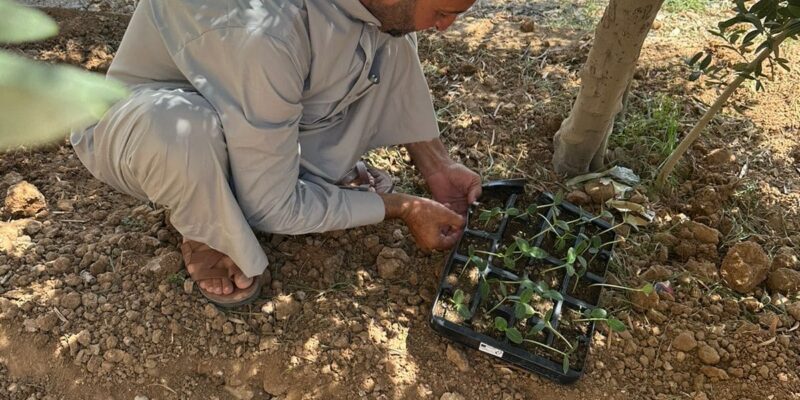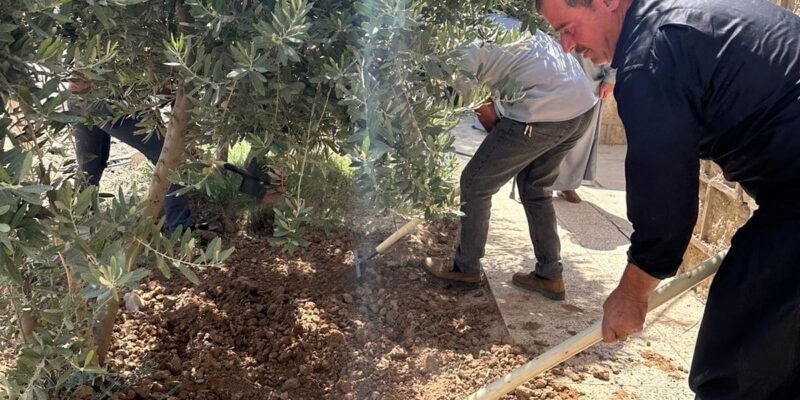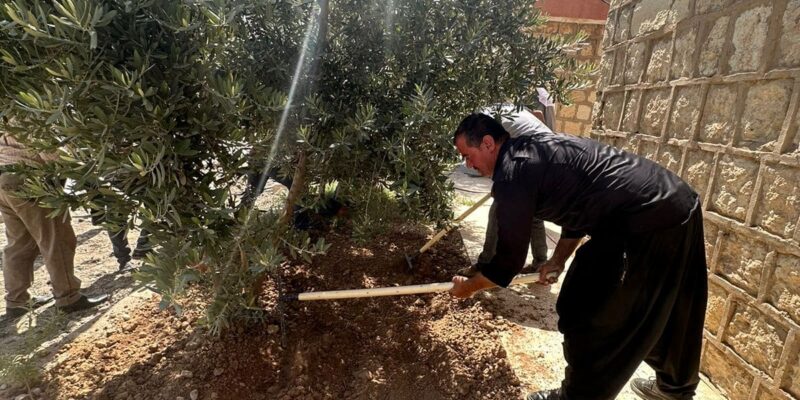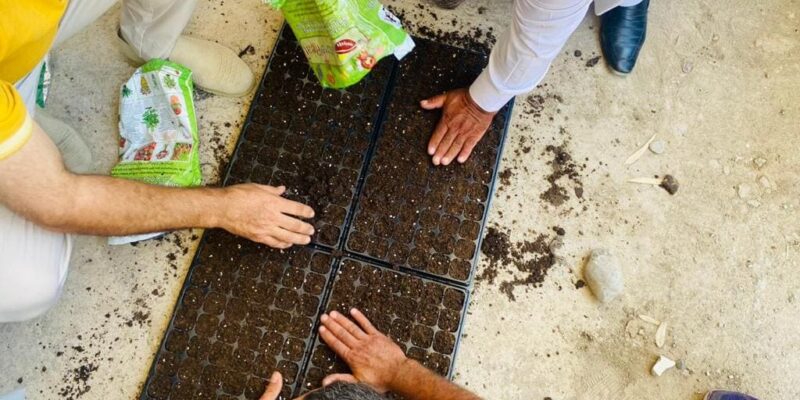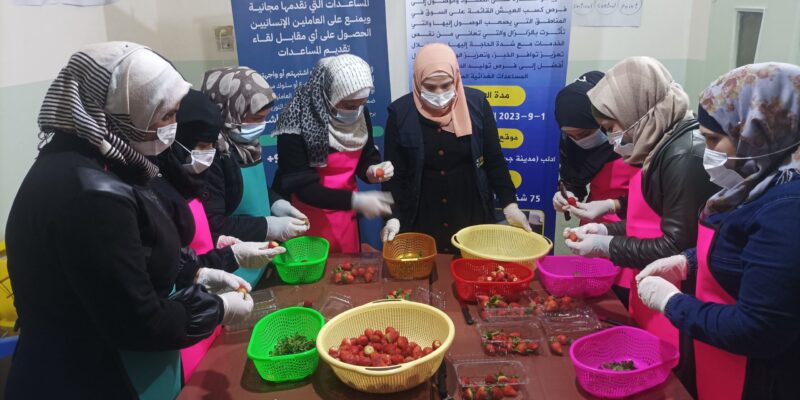about this domain work
This program encompasses a range of activities and interventions aimed at ensuring access to sufficient, safe, and nutritious food for all people while also promoting sustainable livelihoods and economic development.
The importance of the FSL sector cannot be overstated, as it plays a critical role in several areas, such as increasing access to an adequate and nutritious food supply, helping vulnerable populations improve their livelihoods through sustainable practices, income-generating activities, and access to markets. By providing strategies to enhance communities—such as diversifying livelihoods, implementing climate-smart agriculture, and building food reserves—communities can better withstand and recover from these challenges.
As part of strengthening food security and livelihoods, food processing vocational training is introduced to equip individuals with the necessary skills to add value to agricultural products, reduce post-harvest losses, and create new economic opportunities. This training empowers beneficiaries with expertise in food preservation, packaging, and quality control, fostering small-scale entrepreneurship and increasing access to processed food in local markets.
Additionally, the program supports agro-businesses by providing financial and technical assistance to farmers, cooperatives, and small enterprises engaged in agricultural production, food processing, and value chain development. This includes access to improved inputs, business development services, and capacity-building initiatives to enhance productivity, efficiency, and market competitiveness.
Furthermore, the rehabilitation of FSL infrastructure plays a crucial role in ensuring sustainable food production and distribution. This includes the rehabilitation of FSL infrastructure like bakeries, warehouses, and wheat mills. By investing in critical infrastructure, the program enhances agricultural resilience, reduces food insecurity, and strengthens local economies.
Through these integrated interventions, the program not only improves food availability and accessibility but also fosters long-term economic stability, enabling communities to build self-reliance and withstand future shocks.
challenges.
work domain interventions
- Support income-generating activities.
- Provide food processing vocational training.
- Rehabilitation for Bakeries, mills, and others.
- Support value chain.

